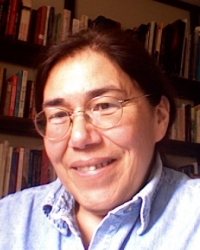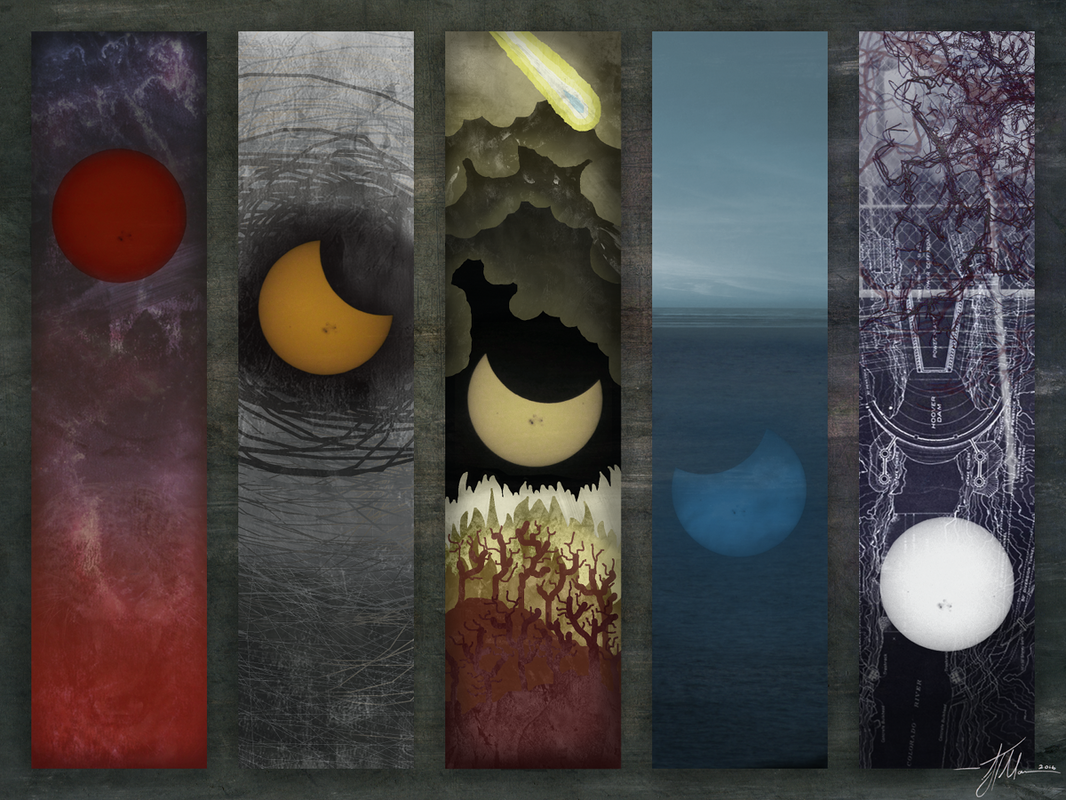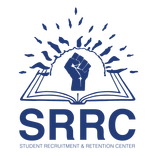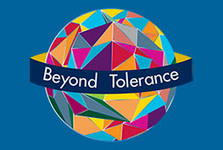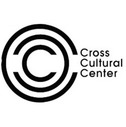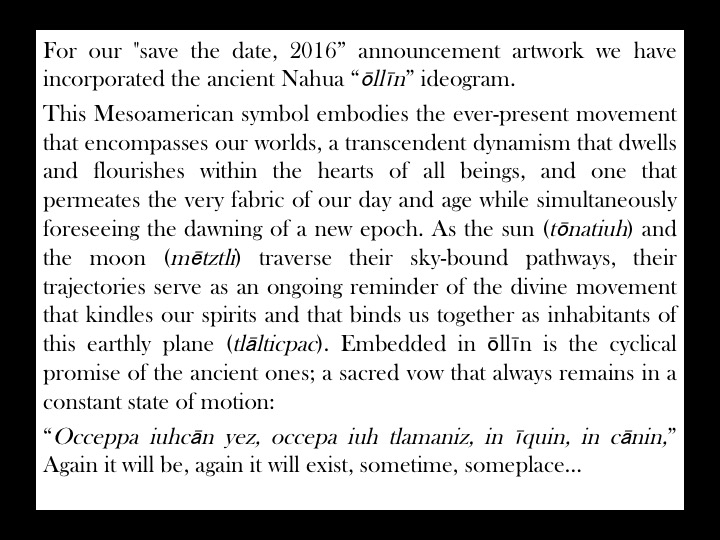Hotel Deal for Symposium Participants
|
Great News! Best Western University Lodge (Davis, CA) is offering a low rate of $99/night for the dates of our symposium. All you have to do is call them at (530) 756-7890 to make your reservations, but you must mention that you will be in town for the 5th Annual NAS Grad Symposium. The deal ends April 22, 2016 so please be sure to call and make your reservations before then.
RegistrationThe symposium is free and open to the public.
Register for the 5th Annual Native American Studies Graduate Student Symposium here: http://goo.gl/forms/9dhpFzrTfj Schedule5th Annual Native American Studies Graduate Student Symposium
| |||||||
| 2016_schedule_nassymposium_updated2.pdf | |
| File Size: | 130 kb |
| File Type: | |
2016 Symposium Artwork
The 2016 symposium artwork was created by UC Davis Native American Studies graduate student Spencer Mann.
Sponsors
We sincerely thank all of the sponsors who have generously contributed to this year's UC Davis Native American Studies Graduate Student Symposium.
UC Davis Office of the Chancellor
Office of the Provost
Yocha Dehe Endowed Chair in California Indian Studies
UC Riverside
Department of Ethnic Studies
Department of Ethnic Studies
UC Berkeley
Division of Social Sciences
Division of Social Sciences
UC Davis
Office for Research
Office for Research
UC Davis
Division of Student Affairs
Division of Student Affairs
UC Davis Interim Dean of Humanities,
Arts, and Cultural Studies
Arts, and Cultural Studies
UC Santa Barbara Associate Dean of Social Sciences
UC Merced, Vice Provost and Graduate Dean
2016 NAS Grad Student Symposium Planning Committee
Cinthya Ammerman
Kaitlin Reed
Vanessa Esquivido-Meza
Ashlee Bird
Angel Hinzo
Deserea Langley
Anthony Burris
Rebeca Figueroa
SimHayKin Jack
Spencer Mann
Cuāuhtemōc Quintero Lule
For information regarding previous symposiums, please see the following links:
2013 Symposium
2014 Symposium
2015 Symposium
Kaitlin Reed
Vanessa Esquivido-Meza
Ashlee Bird
Angel Hinzo
Deserea Langley
Anthony Burris
Rebeca Figueroa
SimHayKin Jack
Spencer Mann
Cuāuhtemōc Quintero Lule
For information regarding previous symposiums, please see the following links:
2013 Symposium
2014 Symposium
2015 Symposium
CALL FOR PAPERS:
Due: March 13, 2016
5th Annual Native American Studies Graduate Student Symposium
Transitioning from the Fifth Sun: Global Indigenous Movements
May 5-6, 2016
UC Davis
We are pleased to announce the 5th Annual Native American Studies Graduate Student Symposium, to be held on the UC Davis campus on May 5-6th, 2016. We welcome proposals from current graduate and tribal college students whose research critically addresses the issues, concerns, and lives of Indigenous peoples worldwide.
This year’s theme is “Transitioning from the Fifth Sun: Global Indigenous Movements”, a title that draws inspiration and guidance from Nahua cosmology and the story of the Five Suns. At the heart of many indigenous wisdom traditions lies an understanding of time and existence that is both cyclical and transformative in nature. Similar to the manner in which the rosy light of dawn permeates and colors the horizon in the moments before the sun's arrival, prophesizing the emergence and trajectory of the forthcoming day, so too is the transitional phase between spiritual epochs a vibrant and dynamic process. The radiant onset of a new age of peace and solidarity, far from being an instantaneous occurrence spanning a single human lifespan, is preceded by an interim age of collective healing, envisioning, sacrifice, and rebirth. Here, amidst this transitory crossroads that we currently inhabit, our theme hopes to contemplate and map the footprints to the next world. How do Native American Studies and indigenous research methodologies continuously illuminate the pathways towards the new sunrise? How do we embrace and relay our stories of healing? How do we creatively interact and express ourselves in our languages and through our knowledge systems? How do we honor the sacrifices of our ancestors and reimagine our histories? How do we work together to create a sacred space for intellectual metamorphosis? These and many other questions call upon the wisdom and efforts of our diverse communities and relatives.
Graduate students from all disciplines from universities worldwide are encouraged to participate in this hemispheric dialogue. We will also be accepting applications from students at tribal colleges who are interested in participating in this symposium. We hope that participation of tribal college students will help develop networks and future collaborations between UC Davis and tribal colleges. Papers should be 12-15 minutes in length.
Possible areas of interest may include (but are not limited to):
● Arts/Artists ● Structural Inequalities
● Colonization/Internal Colonization/Decolonization ● Survivance
● Community Development/Empowerment ● Teaching in Native American Studies
● Critical Theory/Philosophy/Worldviews ● Tourism and Native Communities
● Culture/Language Preservations ● Animal Studies and NAS Intersections
● Histories ● Performance/Theater and NAS
● Indigenous Methodologies/Interpretative Frameworks ● Queer Theory and NAS Intersections
● Literatures ● Women/Gender and NAS Intersections
● Racial/physical/economic/political borders ● Creative expressions (Poetry readings, Art
● Representations in popular culture
● Social medias/technologies ● Other topics welcomed
● Sovereignties/Autonomies
Diverse presentation formats are encouraged:
● Paper or oral presentations ● Workshops
● Roundtables or panels ● Showcasing creative work
This year’s theme is “Transitioning from the Fifth Sun: Global Indigenous Movements”, a title that draws inspiration and guidance from Nahua cosmology and the story of the Five Suns. At the heart of many indigenous wisdom traditions lies an understanding of time and existence that is both cyclical and transformative in nature. Similar to the manner in which the rosy light of dawn permeates and colors the horizon in the moments before the sun's arrival, prophesizing the emergence and trajectory of the forthcoming day, so too is the transitional phase between spiritual epochs a vibrant and dynamic process. The radiant onset of a new age of peace and solidarity, far from being an instantaneous occurrence spanning a single human lifespan, is preceded by an interim age of collective healing, envisioning, sacrifice, and rebirth. Here, amidst this transitory crossroads that we currently inhabit, our theme hopes to contemplate and map the footprints to the next world. How do Native American Studies and indigenous research methodologies continuously illuminate the pathways towards the new sunrise? How do we embrace and relay our stories of healing? How do we creatively interact and express ourselves in our languages and through our knowledge systems? How do we honor the sacrifices of our ancestors and reimagine our histories? How do we work together to create a sacred space for intellectual metamorphosis? These and many other questions call upon the wisdom and efforts of our diverse communities and relatives.
Graduate students from all disciplines from universities worldwide are encouraged to participate in this hemispheric dialogue. We will also be accepting applications from students at tribal colleges who are interested in participating in this symposium. We hope that participation of tribal college students will help develop networks and future collaborations between UC Davis and tribal colleges. Papers should be 12-15 minutes in length.
Possible areas of interest may include (but are not limited to):
● Arts/Artists ● Structural Inequalities
● Colonization/Internal Colonization/Decolonization ● Survivance
● Community Development/Empowerment ● Teaching in Native American Studies
● Critical Theory/Philosophy/Worldviews ● Tourism and Native Communities
● Culture/Language Preservations ● Animal Studies and NAS Intersections
● Histories ● Performance/Theater and NAS
● Indigenous Methodologies/Interpretative Frameworks ● Queer Theory and NAS Intersections
● Literatures ● Women/Gender and NAS Intersections
● Racial/physical/economic/political borders ● Creative expressions (Poetry readings, Art
● Representations in popular culture
● Social medias/technologies ● Other topics welcomed
● Sovereignties/Autonomies
Diverse presentation formats are encouraged:
● Paper or oral presentations ● Workshops
● Roundtables or panels ● Showcasing creative work
